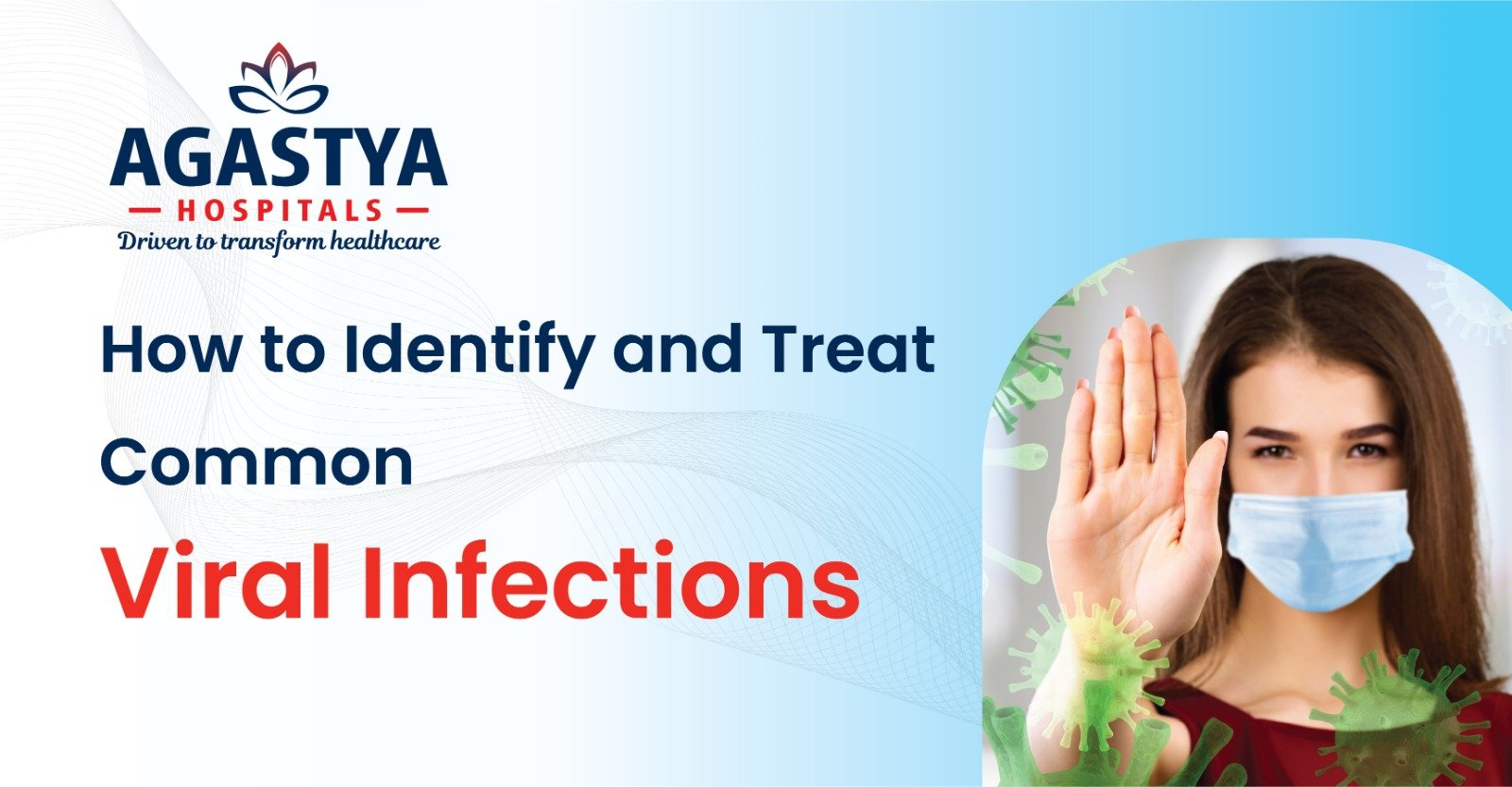

Viral infections are among the most common illnesses affecting people of all ages. From seasonal flu to stomach bugs, viruses can spread rapidly and cause various symptoms. Knowing how to identify and treat these infections is essential for fast recovery and preventing further complications.
Viral infections are illnesses caused by viruses — microscopic organisms that invade healthy cells to multiply. Unlike bacterial infections, viruses do not respond to antibiotics. Common viral infections include the common cold, influenza, gastroenteritis, and COVID-19.
Identifying a viral infection begins with recognizing its symptoms. These may vary depending on the virus, but common signs include:
Early detection is key to reducing the risk of complications and spreading the infection to others.
Understanding how these infections spread is crucial for prevention. Viral infections are usually transmitted through:
Hand hygiene and avoiding close contact during outbreaks are vital in reducing transmission.
Doctors often diagnose viral infections based on physical symptoms and patient history. In some cases, they may use:
Early diagnosis helps ensure proper treatment and isolation if needed.
Home Care Tips:
Medical Interventions:
Always consult a general physician for the right course of treatment based on symptoms and severity.
Prevention plays a key role in reducing the burden of viral diseases. Here are some ways to protect yourself:
Taking these steps helps prevent the spread of infectious diseases in your home and community.
Seek immediate medical attention if:
Consulting a fever specialist early can prevent complications and speed up recovery.
Recognizing the signs of viral infections and taking prompt action is essential for a speedy recovery. Home care, rest, and proper hydration are usually enough for mild cases. But when symptoms persist or worsen, timely medical intervention becomes critical. Always practice good hygiene and stay informed about seasonal viral outbreaks to stay safe.
If you’re experiencing symptoms of a viral infection, don’t wait. Visit Agastya Hospitals for expert diagnosis and personalized treatment.
By clicking on Send, you accept to receive communication from Yashoda Hospitals on email, SMS, and Whatsapp.